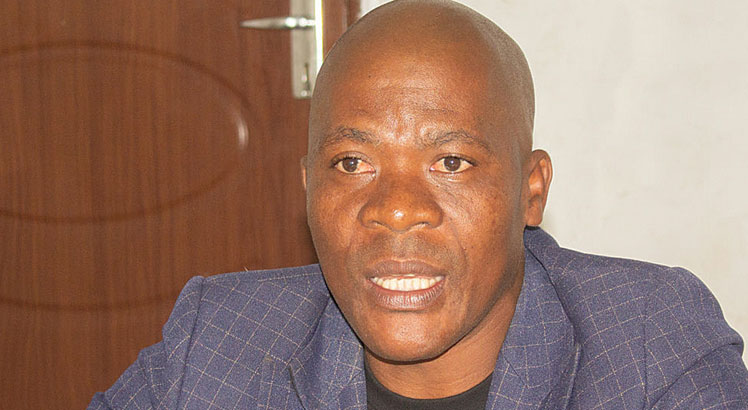Cdedi calls for action on maize shortage
Centre for Democracy and Economic Development Initiatives (Cdedi) has given Parliament seven days to deliberate and pass the Maize Bill.
The group has since threatened that failure to do so will prompt them to camp at the Parliament Building in Lilongwe from Monday, August 7 until the Bill is passed.

Addressing a press conference yesterday in Lilongwe, Cdedi executive director Sylvester Namiwa further called for the reduction of maize prices by half, saying the prevailing prices are too expensive for the average Malawian, which will lead to hunger if government does not intervene.
He said: “The prevailing high prices and acute shortage of maize puts many Malawians at risk of starvation. The situation is worse for victims of Cyclone Freddy in the Southern Region and drought in Karonga, who cannot afford to buy a bag of maize with prices ranging from K30 000 to K60 000.
“Government should, therefore, release maize to all markets in the country and reduce the prices by 50 percent.”
Namiwa also called for a social protection mechanism to be put in place to cushion the ultra-poor from hunger.
He claimed that the current volumes of maize in the food reserves can only sustain the country for two months if it was supplied to all markets of the country.
“Therefore, the government must come up with an emergency Maize Bill that will allow it to engage Illovo and Salima Sugar companies, as well as other large-scale commercial farmers to grow maize through irrigation to increase production,” said Namiwa.
Taking his turn, a concerned member Wells Khama said members of Parliament must play a leading role in pushing for the implementation of the emergency Maize Bill to save lives of people they represent.
He said: “We are saying that the MPs, whose role is to represent their people in Parliament, should stand up and take a leading role in moving this Bill so that the lives of Malawians may be saved.”
In June this year, the Famine and Early Warning System Network (Fewsnet) reported that there will be acute food shortage in Malawi from June to September, adding that outcomes are expected to persist across most southern Malawi districts through January 2024.
Fewsnet attributed the food shortage to agricultural production shortfalls during the 2022/23 growing season, high food and non-food commodity prices, and disruption of livelihoods by impacts of Tropical Cyclone Freddy.
Meanwhile, parts of Karonga District in the Northern Region, as well as Salima and Nkhotakota districts in the Central Region are likely to face below-average production as a result of dry spells or flooding, Fewsnet further warned.
Experts have since recommended that the government should increase agriculture productivity to deal with the continuous increase in the prices of maize and other commodities.





